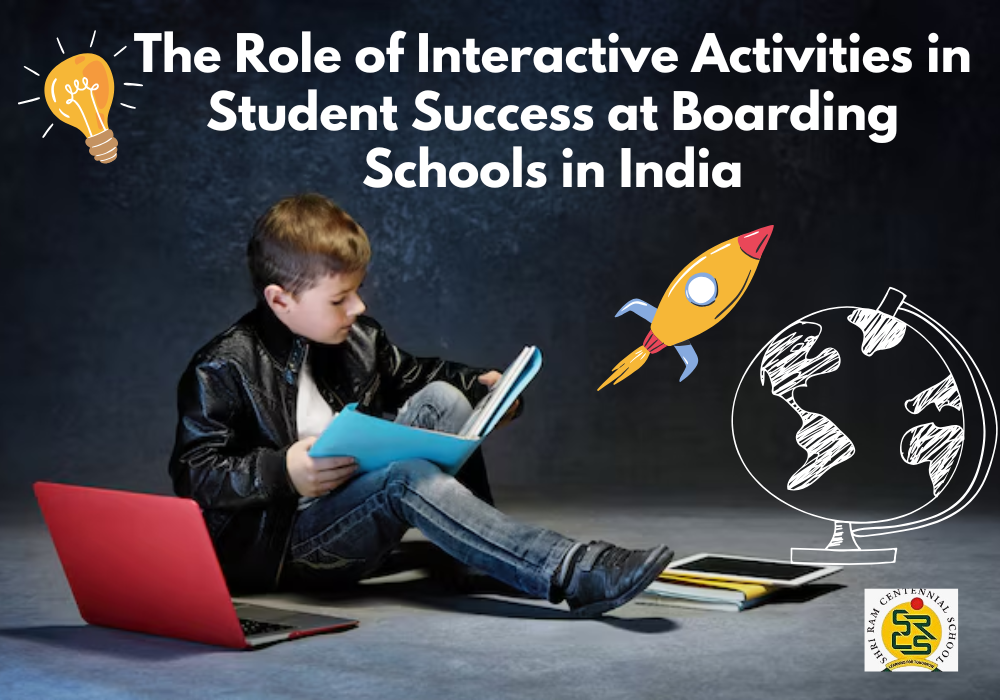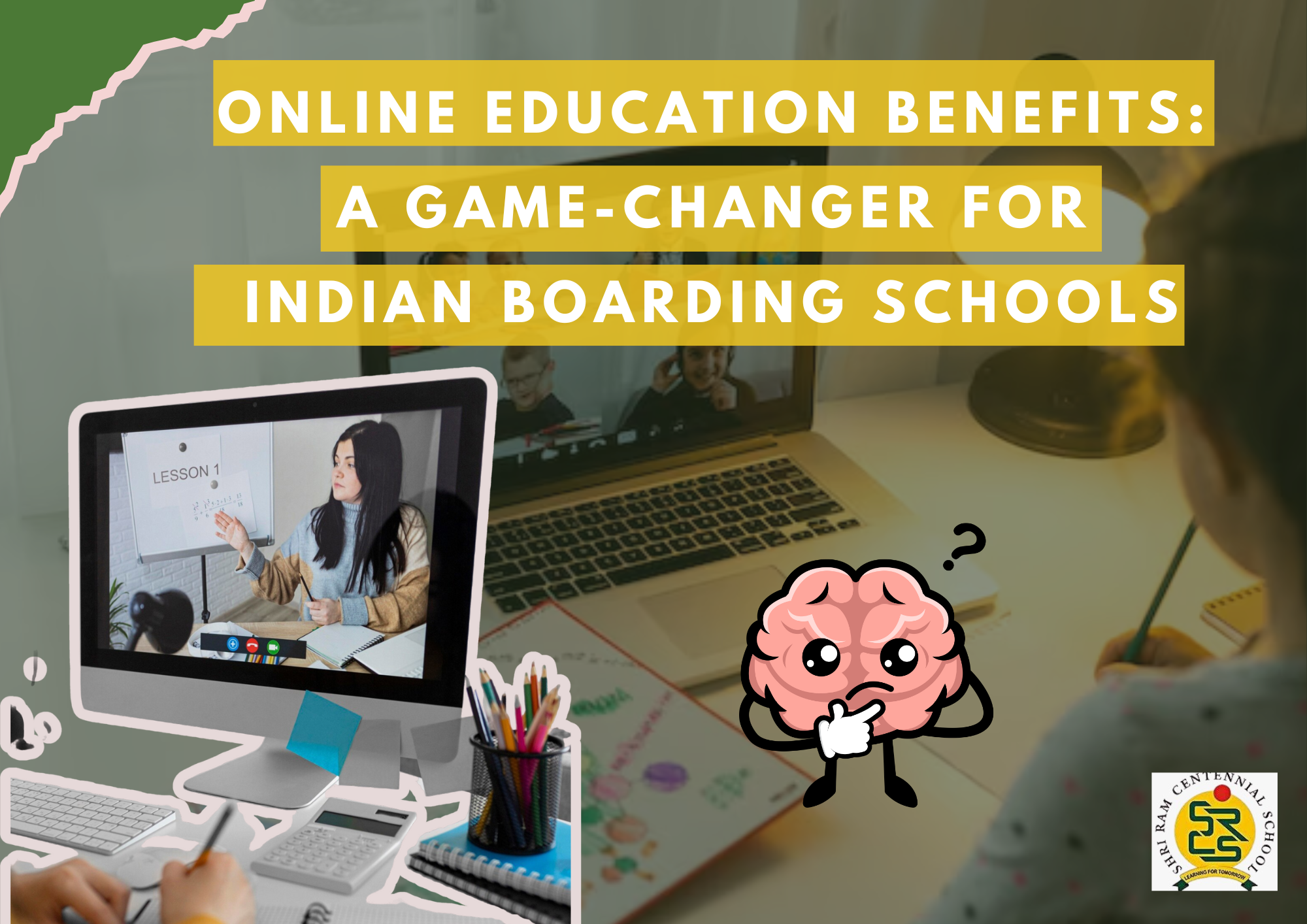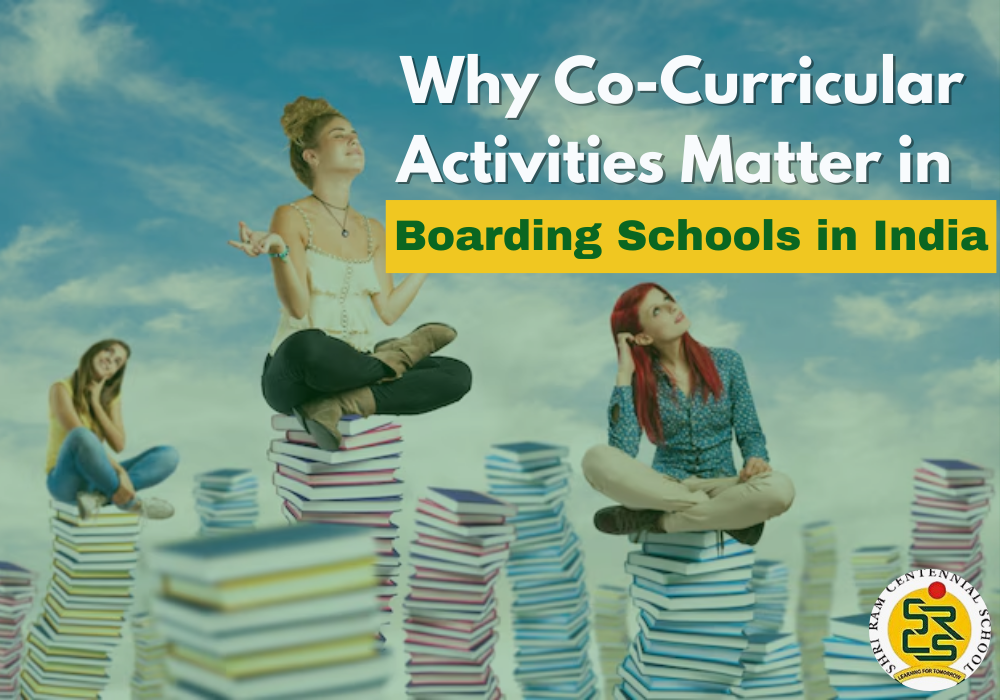Boarding schools in India have long been recognized for their structured environments, rigorous academics, and holistic approaches to student development.
However, in recent years, interactive activities have emerged as a crucial element in fostering student success. By engaging students in collaborative and hands-on learning experiences, these activities go beyond traditional academics to build essential life skills.
This article explores the role of interactive activities in student success, detailing how these experiences help students develop communication skills, critical thinking, and emotional resilience.
Why Interactive Activities Are Essential for Student Success

Interactive activities enhance student success by bridging the gap between theoretical knowledge and practical application.
In a boarding school setting, students are presented with unique opportunities to actively participate in a range of learning experiences that promote personal growth and academic achievement.
Benefits of Interactive Activities
- Enhanced Engagement: Interactive activities engage students by making learning more relevant, dynamic, and hands-on.
- Improved Retention: Active participation in learning can improve memory retention, helping students remember and understand concepts better.
- Skill Development: Activities such as group projects and debates foster soft skills like teamwork, problem-solving, and effective communication.
- Building Confidence: Regular participation in interactive tasks encourages students to express their thoughts openly, boosting self-confidence.
- Emotional and Social Growth: Engaging in group activities fosters empathy, resilience, and adaptability.
In boarding schools across India, where students live, learn, and grow in close-knit communities, these benefits amplify, resulting in a well-rounded educational experience.
Types of Interactive Activities for Student Success

Interactive activities in boarding schools can take many forms, each designed to cater to different aspects of a student’s development. Here are some popular interactive activities that boarding schools in India incorporate to enrich the student experience:
1. Group Discussions and Debates
Group discussions and debates are popular activities that encourage students to explore topics from multiple perspectives. These activities help students:
- Develop critical thinking by analyzing various viewpoints.
- Improve public speaking and persuasive skills.
- Build confidence in articulating and defending their ideas.
In the competitive academic environment of boarding schools, these skills not only aid academic performance but also prepare students for future challenges.
2. Project-Based Learning
Project-based learning is a hands-on approach where students work on real-world problems or explore complex topics over an extended period. This method helps students connect theory to practice while fostering a sense of achievement. The benefits include:
- Enhanced understanding of academic subjects through real-world application.
- Development of time management and organizational skills.
- Opportunities to collaborate with peers, which builds teamwork.
Project-based learning also motivates students to take ownership of their studies, making learning both purposeful and fulfilling.
3. Extracurricular Clubs and Societies
Boarding schools in India often offer a variety of clubs and societies—ranging from science and math clubs to art, music, and drama societies. These clubs provide a platform for students to explore interests outside of the classroom and develop unique skills. Benefits include:
- Improved creativity and problem-solving abilities.
- Stronger bonds between students with shared interests.
- Development of leadership skills through roles in organizing and managing club activities.
By participating in extracurricular clubs, students gain experiences that foster independence and resilience, traits vital for personal success.
4. Interactive Workshops and Guest Lectures
Interactive workshops and guest lectures are excellent ways to expose students to new ideas and real-world experiences. Boarding schools frequently invite experts from various fields to conduct these sessions, allowing students to:
- Gain insights into diverse professions and industries.
- Develop skills like resume building, entrepreneurship, and digital literacy.
- Build networks and connections that could support future career choices.
These activities broaden students’ perspectives, helping them envision potential career paths and make informed academic choices.
5. Sports and Physical Activities
Physical activities, including team sports and fitness sessions, are an integral part of life at many boarding schools. These interactive activities not only promote health but also support academic success in the following ways:
- Improved focus: Physical activity can boost focus and concentration in academic settings.
- Stress relief: Exercise is a proven stress-reliever, helping students manage academic and social pressures.
- Team spirit: Team sports cultivate collaboration, strategic thinking, and sportsmanship.
With regular involvement in sports, students are equipped to handle challenges in all areas of life with resilience and determination.
6. Art and Creative Expression Activities
Creative expression through activities like art, music, theater, and dance plays a significant role in students’ personal development. In a boarding school, where students need outlets for self-expression, these activities are vital. Creative activities help in:
- Boosting self-confidence by showcasing talents and artistic skills.
- Improving emotional expression, allowing students to channel feelings in a constructive way.
- Building problem-solving abilities, as artistic pursuits often involve experimenting with ideas.
Artistic interactive activities add balance to academic life and help students cultivate emotional intelligence, a key factor in lifelong success.
Integrating Interactive Activities into Daily Life at Boarding Schools

For interactive activities to be effective, they need to be thoughtfully integrated into daily schedules at boarding schools. Here’s how schools can ensure that interactive activities become a seamless part of students’ routines:
Daily Schedule Planning
A well-planned daily schedule is essential to ensure students have time for both academics and interactive activities. Schools can:
- Allocate specific times for group activities and projects within the school timetable.
- Incorporate “activity periods” for students to pursue hobbies, participate in clubs, or engage in sports.
- Provide designated times for relaxation and creative pursuits, ensuring a balanced daily routine.
Balancing Academics with Interactive Learning
Interactive activities should complement academics rather than compete with them. Boarding schools achieve this balance by:
- Assigning projects that relate to curriculum subjects, integrating interactive activities with classroom learning.
- Encouraging interdisciplinary projects where students apply knowledge from different subjects in creative ways.
- Allowing students to work in teams, which not only makes learning enjoyable but also strengthens peer relationships.
This balance between academics and interactive learning helps students build a connection between theoretical knowledge and real-world application, enhancing comprehension and retention.
Involvement of Teachers and Mentors
Teachers and mentors play a critical role in guiding students through interactive activities. In boarding schools, staff involvement ensures that activities are both educational and constructive. Teachers and mentors:
- Facilitate group discussions, helping students analyze and evaluate different viewpoints.
- Offer guidance in projects and clubs, ensuring that activities remain purposeful and aligned with educational goals.
- Provide feedback and encouragement, which boosts students’ confidence in trying new activities and developing new skills.
Teacher guidance helps students maximize the benefits of interactive activities, making the experience more enriching and meaningful.
Benefits of Interactive Activities for Parents and Students
Interactive activities provide valuable benefits not only for students but also for their parents, who are invested in their children’s development and success. For parents, seeing their children engaged in productive activities offers reassurance that their education is well-rounded and holistic.
Benefits for Students
- Well-Rounded Growth: Students develop both intellectual and social skills, enhancing their readiness for future challenges.
- Improved Academic Performance: Students become better learners when they can connect academic knowledge with practical applications.
- Enhanced Well-Being: Engaging in enjoyable activities reduces stress and improves mental health, leading to a happier school experience.
Benefits for Parents
- Holistic Development: Parents can trust that boarding schools provide an environment that supports emotional, social, and academic growth.
- Future Preparedness: Interactive activities equip students with life skills that are crucial for personal and professional success.
- Positive School Experiences: A varied learning experience ensures students enjoy their time at school, fostering independence and resilience.
Conclusion
In today’s education landscape, the role of interactive activities is indispensable in driving student success.
In the structured environment of boarding schools in India, these activities encourage well-rounded growth by fostering skills that are not always covered by academics alone.
From group discussions and project-based learning to sports and creative expression, interactive activities equip students with essential skills and experiences that prepare them for a bright future.
By integrating these activities into their daily routines, boarding schools create a balanced and engaging learning environment that empowers students to thrive both academically and personally.










